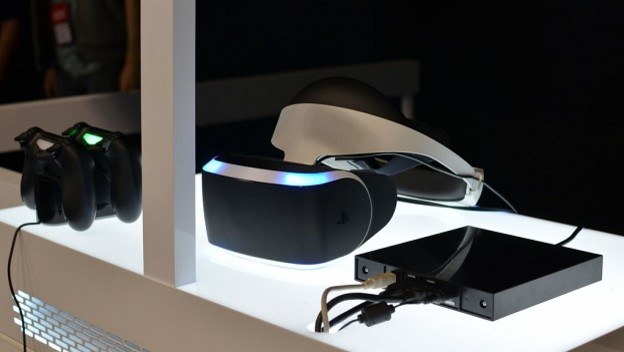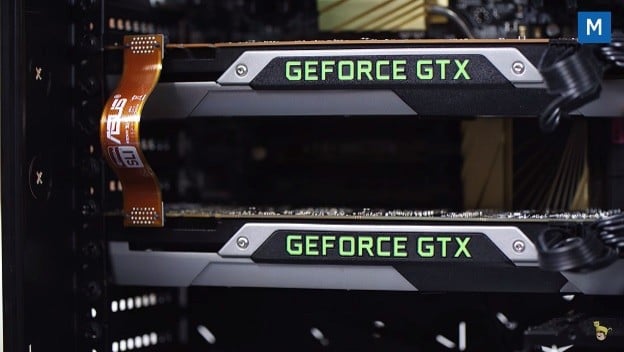What if I told you that in the very near future, we may be looking back on console generations and console life-cycles as worn out concepts? Imagine a future where when you buy a new Xbox, a new PlayStation, or a new Nintendo console, what you’re actually buying is a highly customizable, easily modified framework instead of a decidedly finished product. Consoles would be something much closer to the modern gaming PC, and hard drives, processors, ram, and GPUs would all be upgradable components instead of once-and-for-all, determined specs.
This could be in the cards for us, and Xbox boss Phil Spencer is already preaching the upgradable console gospel. According to a report from Polygon, Spencer described a very similar future to a room full of reporters at the Xbox Spring Showcase last week. “We see on other platforms whether it be mobile or PC that you get a continuous innovation that you rarely see on console,” he said. “Consoles lock the hardware and the software platforms together at the beginning of the generation. Then you ride the generation out for seven or so years, while other ecosystems are getting better, faster, stronger.”
Spencer wants that same momentum of innovation and evolution to apply to the modern home console, and that’s where Microsoft is headed. I’ve watched in amazement as, very rapidly it seems, there’s been a huge push for developers to make AAA games work as Universal Windows Platform (UWP) titles. It’s like the new year arrived and suddenly all of these Xbox One exclusives are getting the PC treatment. Tomb Raider, Gears of War, Forza … Microsoft’s biggest and baddest will be represented on Xbox One and PC alike, and I expect the two platforms will only become more unified.
And as PCs become more powerful, you might see some new hardware hit the shelves to beef up your Xbox. Spencer continued, “When you look at the console space, I believe we will see more hardware innovation in the console space than we’ve ever seen. You’ll actually see us come out with new hardware capability during a generation allowing the same games to run backward and forward compatible because we have a Universal Windows Application running on top of the Universal Windows Platform that allows us to focus more and more on hardware innovation without invalidating the games that run on that platform.”
In other words, your Xbox One might last you another 5 years. This holiday season maybe you’ll get a graphics amplification box that sits right beside your Xbox One and grants top-tier gaming PC capabilities. And years from now as you’re playing unimaginably demanding games on the same hardware, your humble Halo 5 will still work just fine; no new console or waiting for backward compatibility updates.

Spencer seems to think the need for upgradable consoles is an urgent one, especially considering the pace at which PCs and even smartphones are evolving. He even points out that Sony is already doing this to some extent. PlayStation VR will be adding new capabilities to an existing platform, and it will use an extra, external processor to process the 3D surround sound and image that goes to the television.
But if we begin to see the types of iterations and upgrades that Spencer seems to be promoting, what does that mean for developers? I mean, one huge advantage for consoles is that they do remain the same for years at a time. It allows developers to fine-tune and optimize their games for one, humongous audience who are all using identical hardware. If Microsoft and Sony start offering upgrades for home consoles, developers will have to take that into consideration like they do with PC games. Different options and toggles will have to be included for graphics settings and performance. And what about newer games that require newer hardware? Say a year from now my friend and I both have Xbox Ones, but he has an upgraded processor that I didn’t want to buy. Will a new Halo or Forza come out that I won’t be able to play because it requires that extra power? These are questions that will likely remain unanswered until we enter into this new, unfamiliar, quickly evolving territory.
